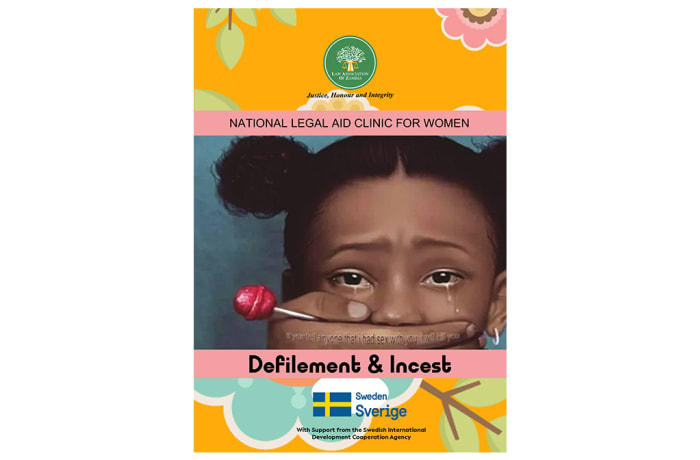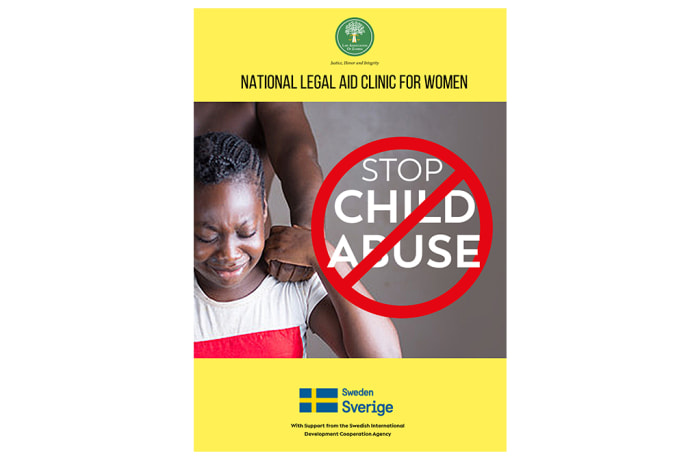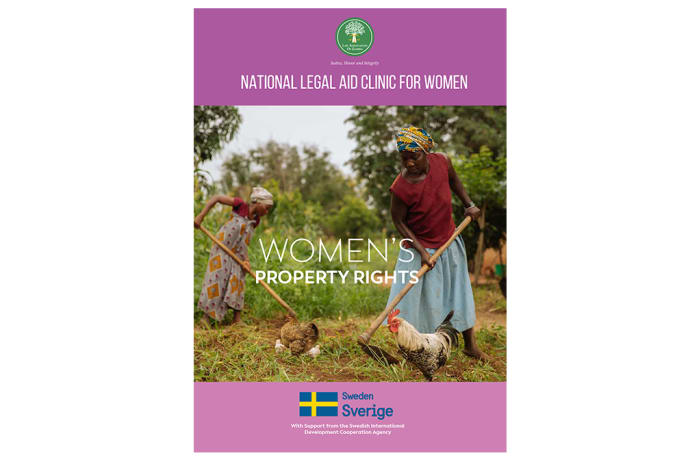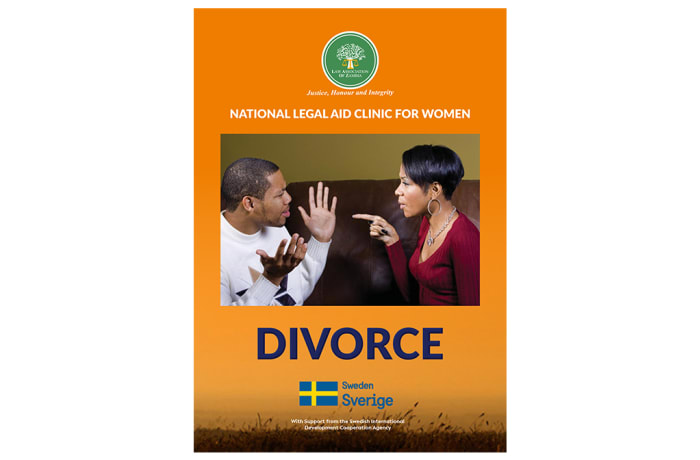
Defilement Booklet
Further information
1.1 WHAT IS DEFILEMENT?
Defilement is having sex with a child below 16 years of age. It is a criminal offence and people who defile children are sent to prison for not less than 15 years. Sometimes defilers are sent to prison for life.
Note: Any person who attempts to have sex with a child also commits an offence and can be sent to prison for not less than 14 years but not exceeding 20 years.
1.2 CAN A BOY BE DEFILED?
Yes, a boy can be defiled. Before 2005 defilement was only an offence if it was committed against a girl below 16 years old. Sexual intercourse (or other sexual acts) with a boy was considered a different offence e.g indecent assault or sodomy depending on the sex of the wrong doer (offender). In 2005 Parliament changed the law and made defilement to also be an offence if committed against boys below 16 years. Therefore, defilement in Zambia today is an offence that can be committed against boys and girls below 16 years old.
1.3 HOW IS DEFILEMENT PROVED?
i. You need to show that the boy or girl is below 16 years old,
ii. Must also show that the offender had sexual intercourse with the boy or girl. For example, if you find sperms in the child’s private parts it means someone had sex with the child or bruises on the child’s private parts.
iii. You also need to identify the actual person (offender) who had sexual intercourse with the girl or boy.
Note: If a person has sexual intercourse with a child which results in the child getting a Sexually Transmitted Disease (STD) e.g. HIV/AIDS, the offence becomes more serious and the punishment is also increased by the court.
Learn more by downloading a pdf version of this booklet. Copy and paste this link into your browser:
https://res.cloudinary.com/dhsjpmqz9/image/upload/v1685367308/12._DEFILEMENT_tur8zb.pdf









